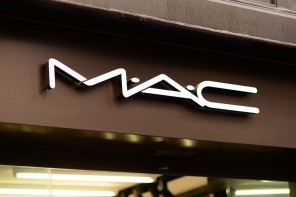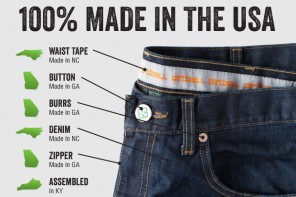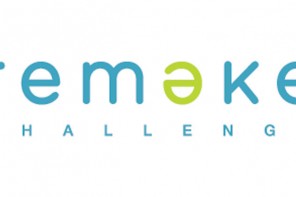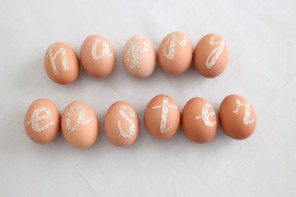New Improved Glass Recycling Rates Released
Although South Africans have been slow out of the starting blocks in the race to reuse and recycle glass, it’s safe to say there is a growing impetus that is elevating the importance of “green” consciousness backed by serious action. The proof of this can be seen in the latest figures released by The Glass Recycling Company, which confirms that the volumes of waste glass recovered for recycling have increased during the last year.
According to The Glass Recycling Company’s general manager, Shabeer Jhetam, local glass recycling figures have climbed from 148 000 tons to 244 845 tons of glass per year. This amounts to a massive increase of over 65% in the short three year period since The Glass Recycling Company’s inception. So, can you answer yes to helping increase these figures – or are you still sitting on the sidelines; a non-participant in the green stakes?
With a serious amount of “green” hype in print, online and social media forums, it’s hard to ignore the many environmental messages calling us to take a stand and be responsible for our future. But while we might see and hear the messages, the bottom line is, are you are acting on the calls for more environmental living. Take glass recycling as a great example of how to make a big difference to the environment with minimal effort.
The manufacture of new glass products uses a variety of resources that can be saved when broken waste glass, known as cullet, is used instead of raw materials. The resources saved by recycling glass include sand, soda ash, limestone, water and of course energy. The energy saved from recycling just a single glass bottle can power a 100-watt light bulb for four hours. Apply this same logic to a six-pack and the benefits of glass recycling are worth putting under the spot-light!
Not only that, but have you ever considered the intrinsic value of glass and the merit of buying products packaged in glass. Think about it. Glass does not lose any of its quality with time and so can be reused in its immediate form; returnable glass beverage bottles can be refilled without a change in form, and of course, recovered waste glass can be efficiently and resourcefully recycled into new glass products.
But wait there’s more. Did you know that waste glass has a monetary value attached to it and when the volumes are big enough, can be sold in bulk to buy-back centres and recycling entrepreneurs. On a smaller scale, anyone can take returnable bottles back to the retail outlet it was purchased from to get back their “returns” deposit. Urban household consumers of glass who take waste glass to community glass banks around the country should not however expect to be reimbursed and no cash exchanges hands for an essential behaviour that needs no reward; helping save the plant should be reward enough.
“The increased glass recycling rates are great news for our magnificent country but this phenomenal growth trend needs to be sustained and further increased. Everyone must improve our collective futures by recycling their glass – even a small change in behaviour has a measurable benefit,” says Jhetam.
With that in mind the latest glass recycling figures are expected to continue to climb with the signing of the Environmental Waste Management Act in June 2009. This Act will aid in the development of a more sophisticated recycling industry. As South Africans we can expect a more regulatory environment as part of government’s drive to achieve a zero waste society by 2022. Municipalities will also need to develop integrated waste management plans that think beyond landfills. When all is said and done, we are all going to have to work together to achieve the targets that will be put in place.
“Glass recycling is not just for households. Businesses, schools, community centres, retail outlets, bars and restaurants need to proactively put steps in place to facilitate recycling which is such a simple process, asks so little of us and yet has such far reaching consequences and the potential to effect positive change for the better.”
Anyone wishing to join the “green” glass recycling movement can start by simply returning glass bottles that carry deposits on them. Nothing like being paid for going “green”! Another just as easy move is to reuse old glass containers; glass is great for storing food, accessories, arts and crafts equipment and so much more. Of course unwanted waste glass being disposed of can be deposited at local community glass banks. This includes alcoholic beverage and soft drink bottles, as well as jars which contain food and condiments. It’s important to note that light bulbs, crockery, and cookware such as pyrex are not recyclable. Neither are glass window panes, computer and TV screens, windscreens or laboratory glass. This glass has different properties that can contaminate a recyclable load of glass.
So be a green host and at your next braai or dinner party, have a container set out where guests can toss used beer and wine bottles so it makes them easier to collect and drop off at your nearest glass bank.
Nicola
x









